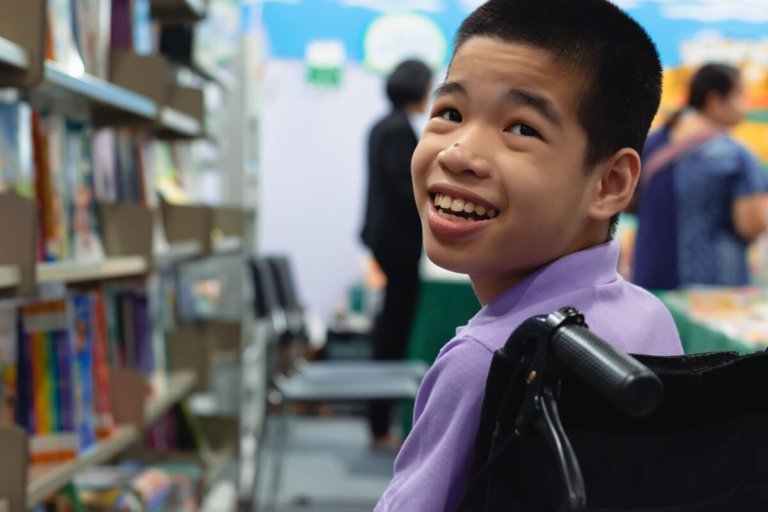
Ireland Minister for Education Joe McHugh said that within the next few years, schools will be prohibited from asking parents during the enrolment process whether their children have additional needs, reported The Irish Times.
While the move has divided opinions, it aims to remove “soft barriers” faced by parents of special-needs students when trying to secure school places for their children.
Schools have argued that this information is essential in determining whether they have the expertise or capacity to cater to the needs of children.
Despite that, there have been reports of schools refusing to enrol students with disabilities despite having the capacity and resources needed to support the child.
A progress report released last month by the National Council for Special Education (NCSE) notes that the United Nations (UN) Committee has advised that having a mainstream educational system and a separate special education system is not compatible with its view of inclusion and that parallel systems are not considered inclusive.
“However, the UN Committee acknowledges that significant change takes time to implement and accepts the concept of progressive realisation which permits countries to signal their policy intent and how the system will change over a period of time,” it said.
Many European countries are also considering what future direction they should take, exploring their provision in light of their obligations and responsibilities under the UN Convention on the Rights of Persons with Disabilities (CRPD).
Should students with additional needs be taught in separate schools?
This is radical. No special schools and no special classes, regardless of disability. Well-meaning but impractical in my (layperson’s) opinion.
What do teachers and other professionals think of this plan?https://t.co/N5jwBpooQD— Colin Jephson (@ardkeengrocer) November 19, 2019
This question may have divided opinions, but not all teachers are trained to teach students with different needs. Some may struggle to handle such students who have varying degrees of educational challenges and disorders.
Parents may wonder how those with complex needs can learn alongside students without disabilities. But proponents of inclusive education may argue that there can be “broader benefits to society from all children learning and growing up together”.
Despite that, based on its tentative findings, the NCSE has not found substantial evidence that students with additional needs have better outcomes in special schools or classes.
Some studies suggest that students with special educational needs who are educated in mainstream settings have better short- and long-term outcomes than those in special educational placements.
Inclusive preschools appear to have a positive impact on a child’s development than special preschools, it said.
Liked this? Then you’ll love…
US: 2 out of 3 students fail to meet national reading standards







